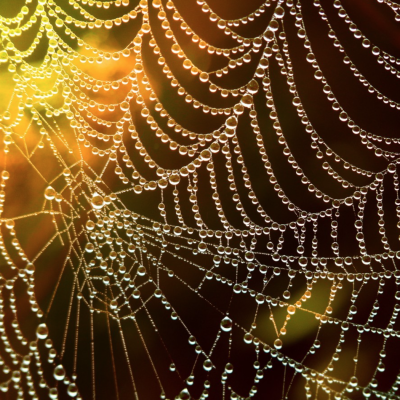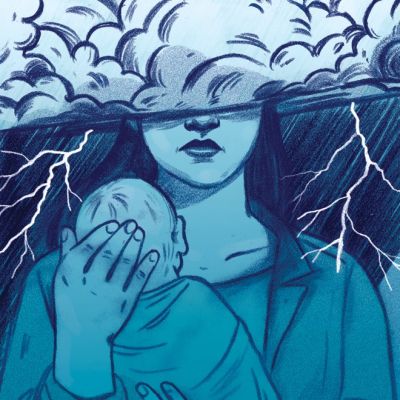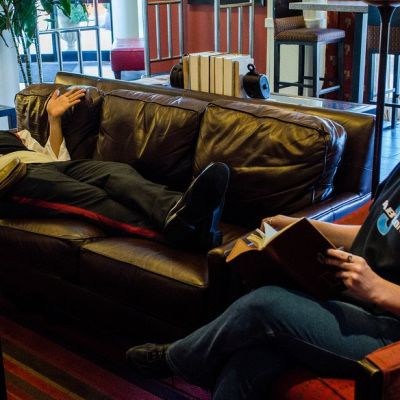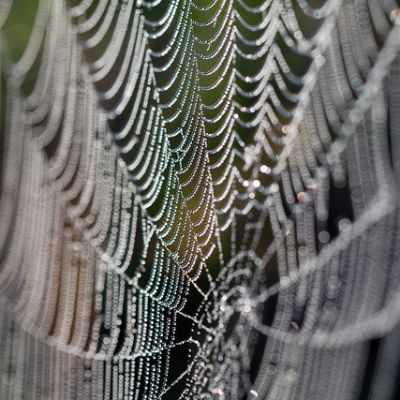Categories
Giving a trigger warning helps to somewhat flatten that hierarchy by making sure the audience is okay with the content. It can also shift power to the audience who may now decide what they would like to do with that information – to stay put and listen, or to walk out.
Irrespective of the gender or sexual orientation of the people involved, the only way the scales of power can be balanced in favour of everyone involved, is through explicit, well-informed consent.
Photographer Roshni Kumar’s photo-series, Pussy and Patron, seeks to challenge this, drawing inspiration from “retro erotica” to capture photos of the nude female form expressing desire and sexual agency in empowered ways.
The circulation of our bodily energies potentially ushers queer futurities. A future that is yet to come, a future in which our bodies will not be imprinted with fear. A future in which newer creative economies of desire, love, and pleasure surround us like the blue waters of the Indian Ocean. I write this brief reflection in hopes of such futures.
In the mid-month issue on Wellbeing and Sexuality, we bring you an article by Jai Ranjan Ram sharing what he learned in his psychiatric practice from a self-identified pansexual homoflexible adolescent.
As if the challenges of parents bringing up adolescents in a world dominated by social media is not enough, the addition of teaching these parents to accept different sexual orientations and the fluidity of gender in a gender-binary world can be daunting.
मेरे यह पूछने पर कि, “जब आप दुखी होते हैं तो किससे बात करते हैं”, जोगप्पा ने ने कहा “देवी…
घरेलु हिंसा विषय पर काम कर रही एक नारीवादी संस्था के साथ सामाजिक कार्यकर्ता के रूप में अपने करियर के…
पिछले साल के जुलाई महीने में मुझे बताया गया कि मुझे फ़ाइब्रोमायल्जिआ नाम की बीमारी है। आप में से जिनको…
As depicted in various forms of media, society has unrealistic expectations of how mothers and motherhood should be – enamoured by their babies, to feel only happiness at being a mother, being completely focused on their babies, living in the ‘glow of motherhood’. Being depressed is simply not seen as an acceptable response.
As a queer-feminist mental health practitioner, my way to understand realities is to examine the power relations that exist in our social locations, identities and structures.
India has a severe shortage of mental health professionals and the experiences of counsellors like Kapoor raise the question of whether there is a wave of therapist burnout in the country. Unfortunately, there has been no research to indicate the extent of the problem in India.
राधिका चंदिरामनी एक नैदानिक मनोवैज्ञानिक (क्लीनिकल सायकोलॉजिस्ट), लेखक और संपादक हैं। उन्होंने 1996 में नई दिल्ली में तारशी (Talking about…
Is seeking wellbeing selfish and individualistic? Does it imply placing one’s own interests above those of others? In the context of sexuality, does it mean prioritising one’s pursuit and attainment of pleasure above all else?
It was, however, the community’s consistent refrain of having “no one” to talk to, that made the problem of mental health crises stand out during my conversations.














